Navigating Texas Attendance Laws for Students with Disabilities and Health Needs

For Texas families of children with disabilities or chronic health needs, frequent school absences are often unavoidable. However, Texas law has strict rules about attendance, including the 90% attendance rule and truancy laws that may impact class credit and graduation. This guide explains those rules in depth and offers practical strategies for staying in compliance, protecting your child’s rights, and building strong partnerships with your child’s school.
Understanding Truancy Laws in Texas: A Parent’s Guide to Rights, Risks, and Remedies
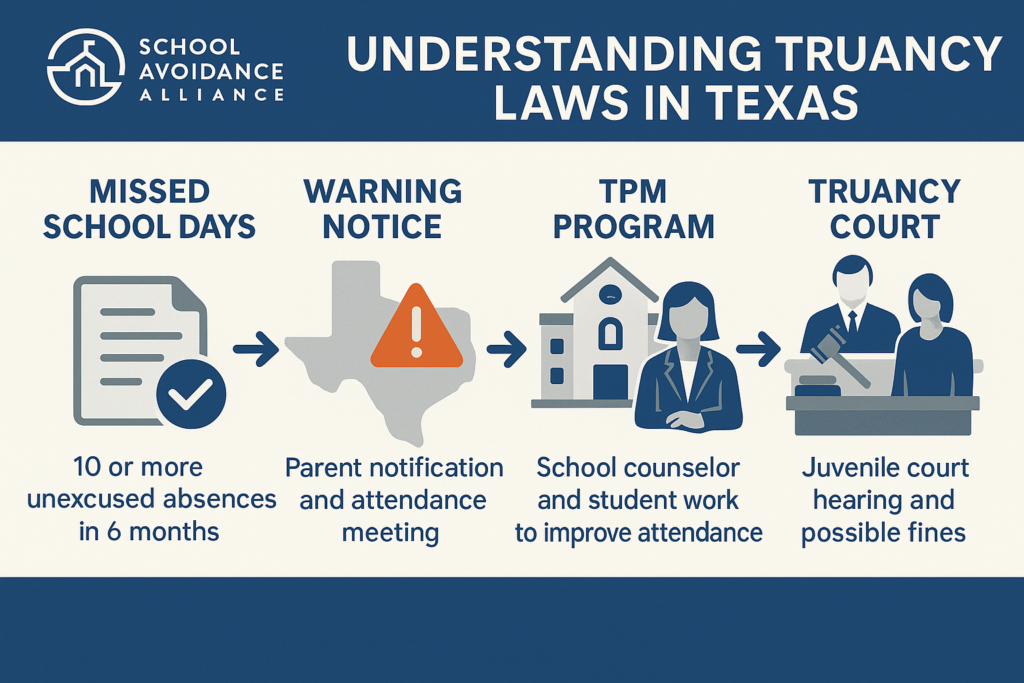
Truancy laws in Texas have evolved significantly over the past decade. Once criminalized, student absences are now handled through civil procedures and school-based interventions. But that doesn’t mean the consequences are light—or the system easy to navigate. If your child is struggling with school attendance due to anxiety, disability, or external stressors, it’s critical to understand how truancy laws in Texas operate, what schools are allowed to do, and how to respond before things escalate to court. This guide offers a thorough, family-centered explanation of Texas’s truancy process and how to avoid common pitfalls.
Understanding Truancy Law in Florida: What Parents Need to Know

Florida’s truancy law can turn school absences into legal battles, even for children who are missing school due to anxiety, medical needs, or disability. If your child has five or more unexcused absences in a calendar month—or 15 in a 90-day period—you could face court, fines, or mandated programs. But enforcement isn’t black-and-white. This article breaks down the legal process, the role of truancy officers, how Florida law defines noncompliance, and what families can do to advocate for support—not punishment.
Inside Truancy Court: A Parent’s Wake-Up Call
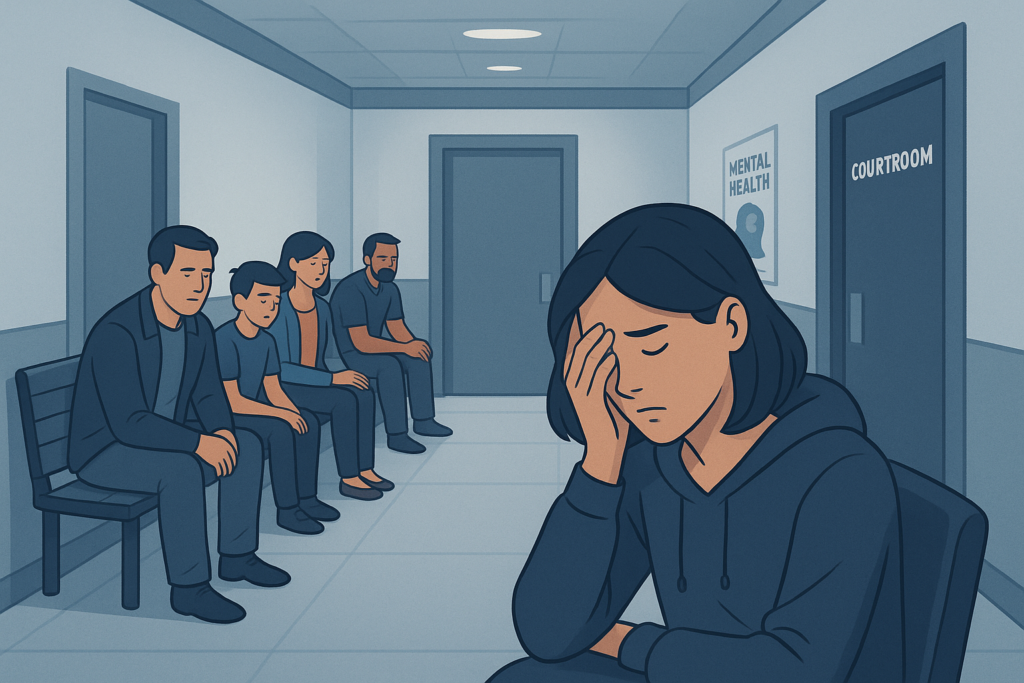
What happens when a child battling anxiety is pulled into a legal process meant for lawbreakers? One parent shares a personal story—and what it reveals about the flaws in our approach to school attendance. When my daughter was summoned to truancy court for missing school due to severe anxiety, I thought we’d finally get support. […]
The Role of the Truancy Officer: Ally, Enforcer, or Both?

Truancy officers are often the first point of contact for families facing school attendance issues. But what exactly do they do, and how can parents navigate that relationship when mental health is part of the story? For families of students struggling with school refusal, the knock on the door from a truancy officer can feel […]
Recognizing and Responding to Truancy: A Step-by-Step Guide for Parents
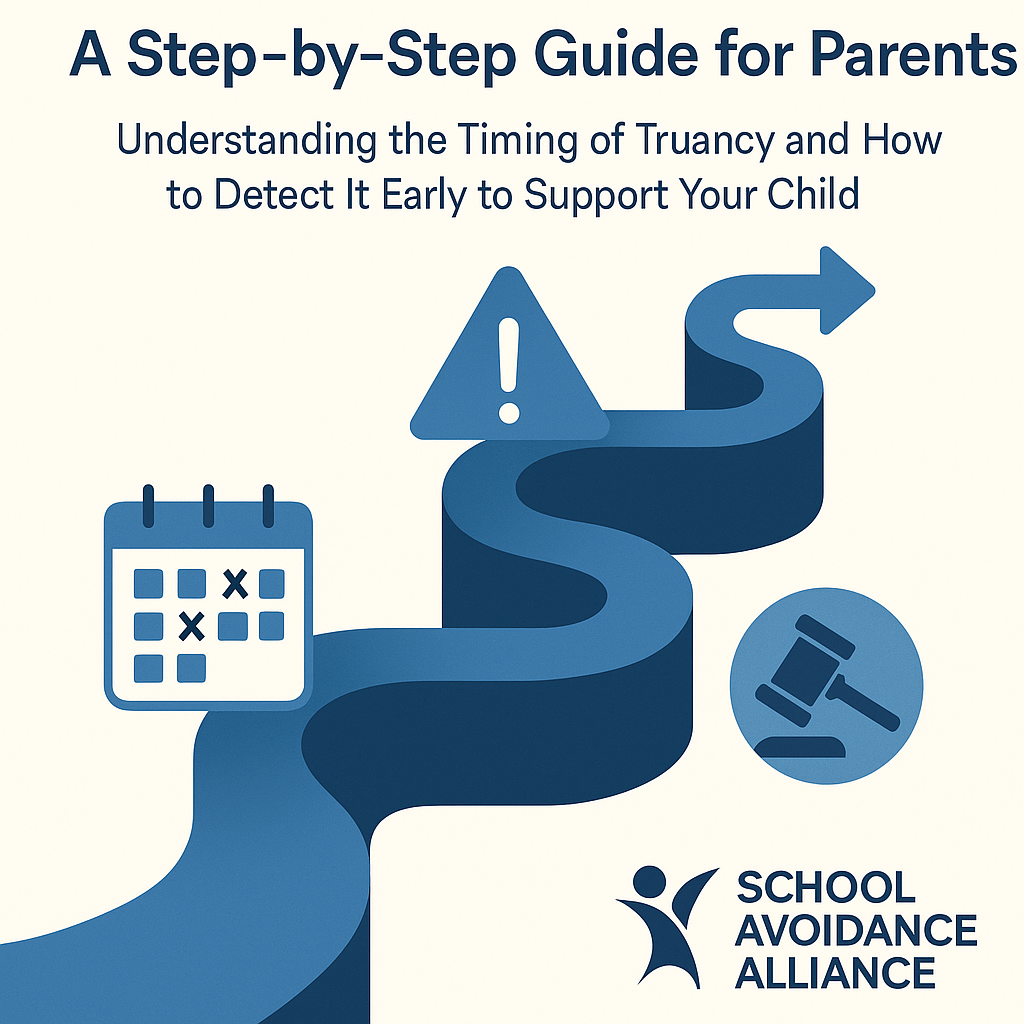
Understanding the Timing of Truancy and How to Detect It Early to Support Your Child Truancy, or unexcused absence from school, is a growing concern for parents, educators, and communities alike. While occasional absences are expected due to illness or family needs, consistent, unexcused absences can quickly escalate into a significant academic and behavioral issue. […]
Truant Meaning: Understanding Truancy, Its Causes, and How to Combat It
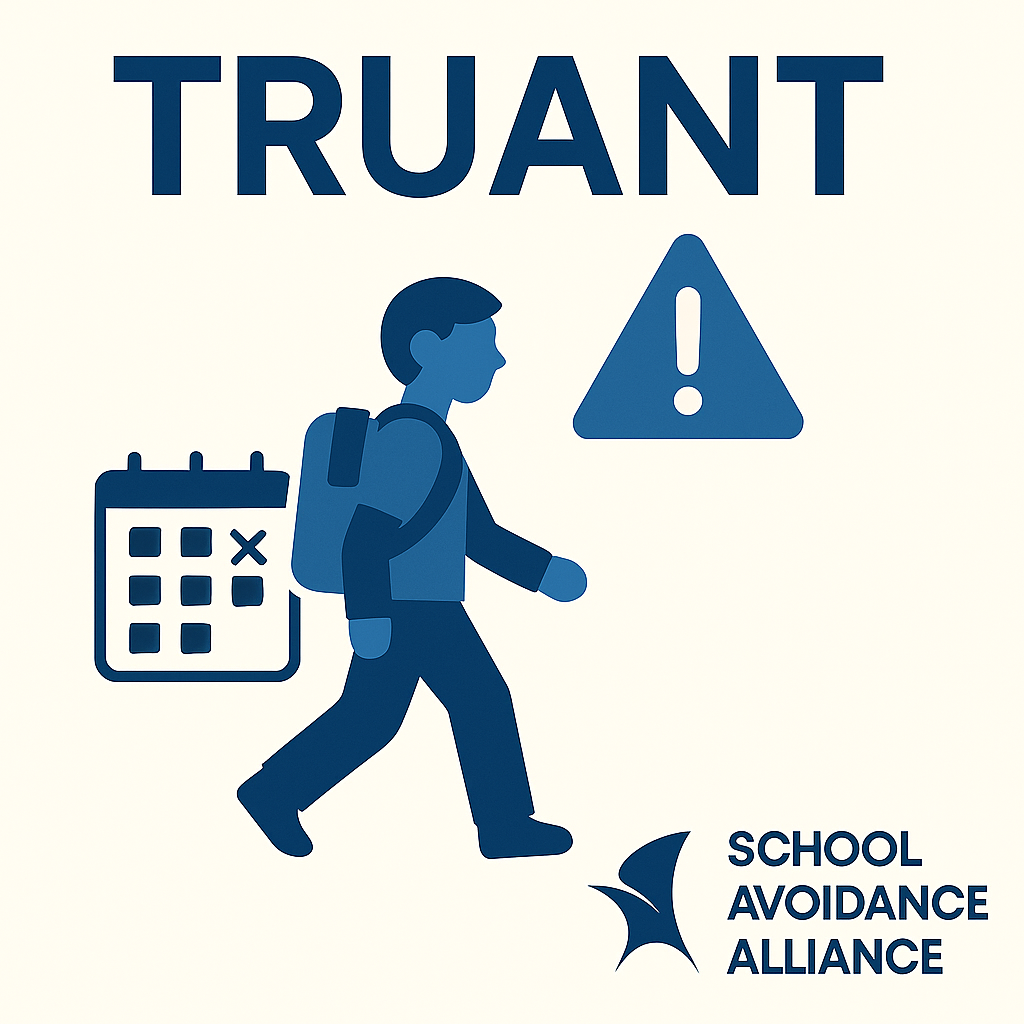
In the landscape of education, one term frequently discussed—but often misunderstood—is truant. School absenteeism, especially without valid reasons, can have severe academic, social, and legal consequences. Whether you’re a parent, educator, or student, understanding what it means to be truant, the truancy definition, and how it affects education is crucial. This article will explain the […]
The Importance of Educating Truancy Professionals on School Avoidance
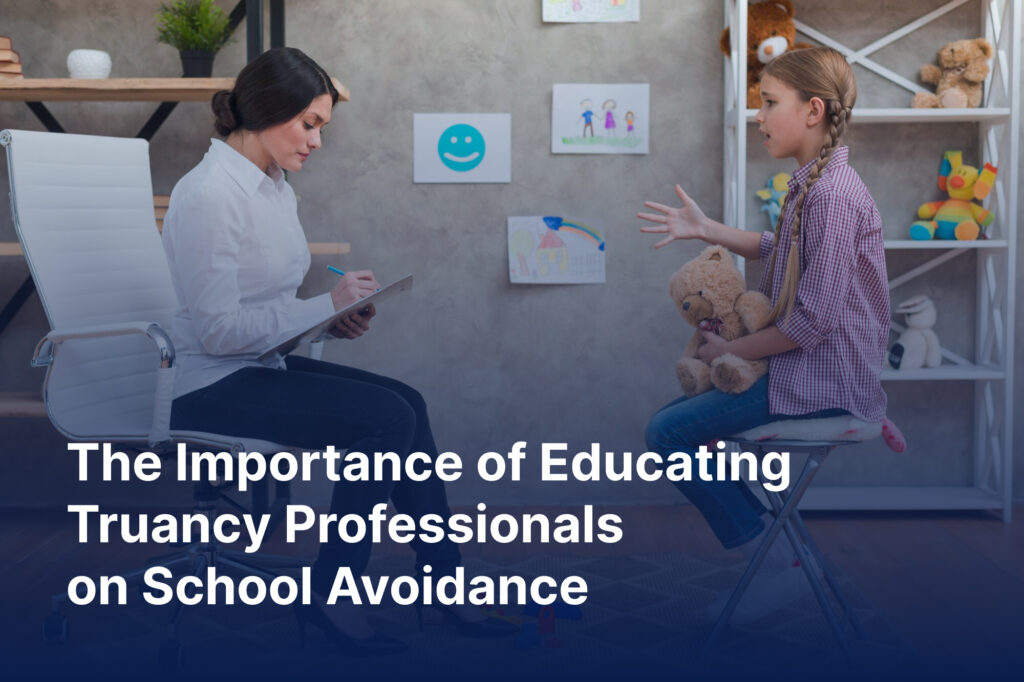
Why you should prioritize educating your staff on school avoidance Providing your school team with a comprehensive education on school avoidance is foundational and essential to improving your attendance and outcomes. Your role as a school team in early identification and intervention is crucial. Your proactive approach allows for effective support at the early signs […]
Breaking Down Old-School Stereotypes: Empowering Families in Marginalized Communities

Marginalized communities refer to groups of people who experience systematic social, economic, and political disadvantages due to various factors such as race, ethnicity, gender identity, sexual orientation, socioeconomic status, disability, or immigration status. These communities often face discrimination, oppression, and barriers to access resources, opportunities, and social mobility, which perpetuate cycles of disadvantage and marginalization. […]
Breaking Down the School vs. Parents Mentality: Fostering Collaboration for Student Success
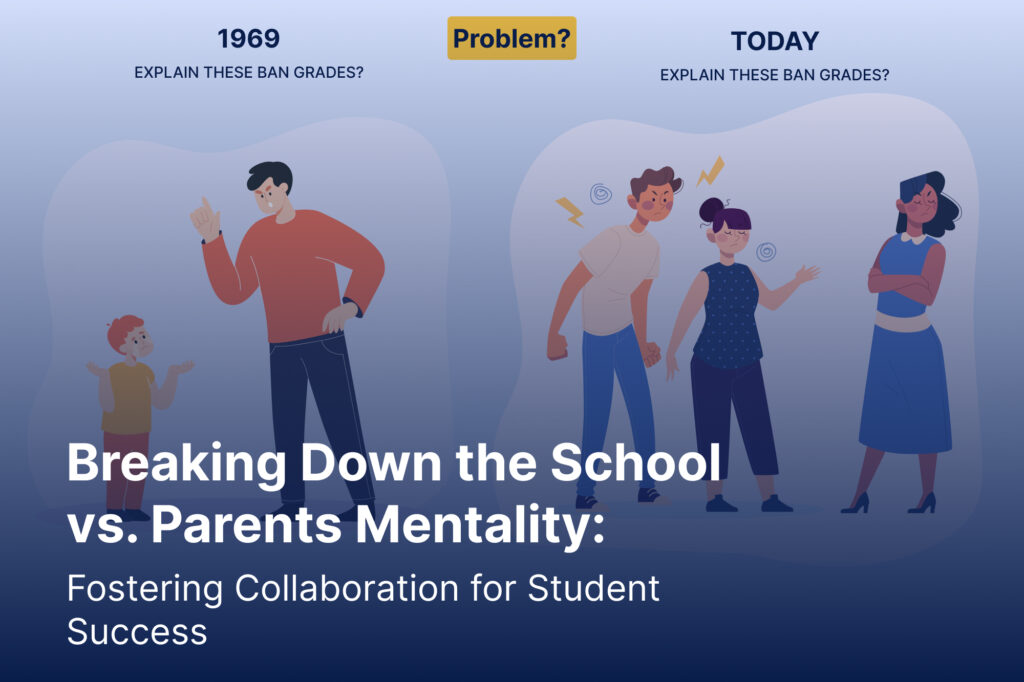
Within the vast landscape of education, a longstanding and deeply entrenched schism persists: the notion of an inherent schism between schools and parents. This entrenched “School vs. Parents” paradigm, often characterized by adversarial dynamics and a sense of mutual distrust, serves as a formidable barrier to the cohesive collaboration essential for fostering student achievement and […]

